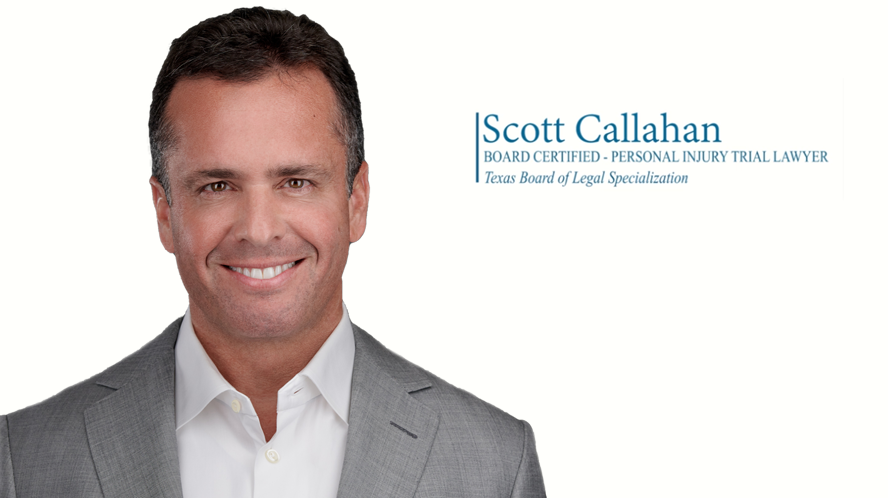5 Actions That Can Harm Your Car Wreck Claim
Being involved in a car wreck is a stressful experience, and navigating the aftermath can be overwhelming. From dealing with injuries to handling insurance claims, there’s a lot to consider in the aftermath. Unfortunately, certain things people do (intentionally or unintentionally) after an accident can harm your chances of receiving the most compensation you deserve. Let’s explore the top five things people can do to harm their car wreck claim and offer tips on how to avoid these pitfalls.
Admitting Fault at the Scene
In the heat of the moment, it’s natural to feel flustered and perhaps even apologetic, regardless of who was truly at fault. However, admitting fault at the scene of the accident can be detrimental to your claim, as it can be used against you by insurance companies and opposing parties. It’s essential to avoid making any statements that could be construed as an admission of guilt and instead focus on exchanging the necessary information with the other parties involved.
Delaying or Not Seeking Medical Treatment
After a car accident, seeking prompt medical attention is crucial, even if you don’t believe your injuries are severe. Delaying medical treatment not only jeopardizes your health but also weakens your claim for compensation. Insurance companies may argue your injuries aren’t serious or weren’t directly caused by the accident if you wait too long to see a doctor. Documenting your injuries and receiving appropriate medical care as soon as possible strengthens your case and ensures your well-being.
Failing to Gather Evidence
Evidence is key in supporting your car wreck claim. Failing to gather relevant evidence at the scene of the accident, such as photos of the damage, contact information of witnesses, and a police report can significantly hinder your ability to prove liability and damages. Take thorough documentation of the accident scene, including the positions of vehicles, road conditions, and any visible injuries, to help strengthen your claim.
Posting on Social Media
In today’s digital age, it’s tempting to share every aspect of our lives on social media, including details of a car accident. However, posting about your accident or injuries on social media platforms can be detrimental to your claim. Insurance companies and opposing parties may use your social media posts to discredit your injuries or dispute the severity of the accident. It’s best to refrain from discussing the accident or your injuries on social media until your claim is resolved.
Providing Recorded Statements Without Legal Counsel
Insurance adjusters often request recorded statements from accident victims shortly after the incident. While it may seem harmless to comply, providing a recorded statement without legal counsel present can be risky. Insurance adjusters are trained to get information to use against you to minimize the value of your claim. Before speaking with any insurance representatives, consult with an experienced attorney who can advise you on how to protect your rights and negotiate with insurers on your behalf.
Navigating the aftermath of a car accident requires caution and strategic decision-making to protect your rights and maximize your chances of receiving fair compensation. By avoiding these common pitfalls and seeking guidance from legal professionals, you can strengthen your car accident claim and achieve a favorable outcome.
Scott Callahan is a board-certified personal injury attorney and has been successfully handling car wreck claims for over 25 years. The law firm is available 24/7 to discuss your claim at 713-888-9000. Call for a free consultation.
Remember to prioritize your health, gather evidence, and refrain from engaging in activities that could undermine your case. With careful attention to detail and proactive measures, you can navigate the claims process with confidence and secure the compensation you deserve.

